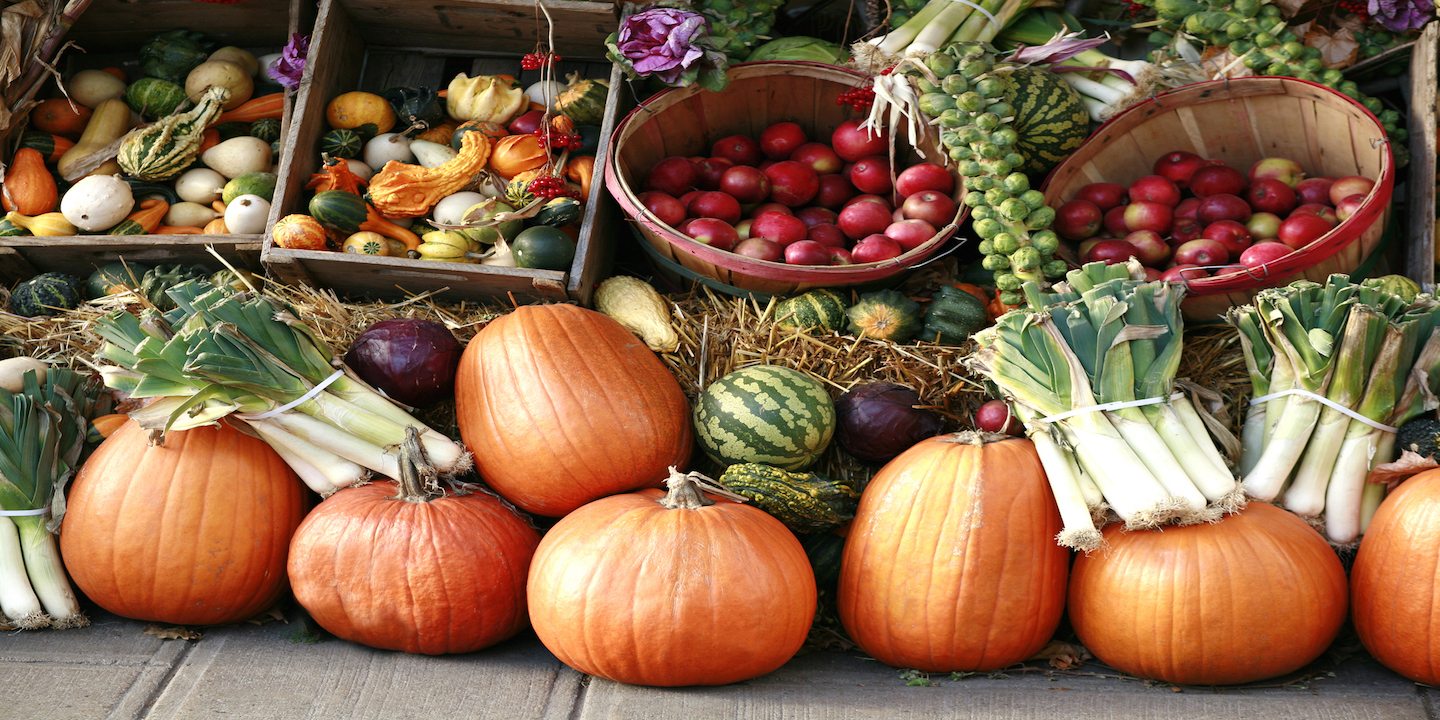Considering I am on vacation at the moment (just finished flying down a snowy mountain…shoop shoop) I wanted to share a few things I do to stay healthy when I am on vacation.
I’ve learned that it is important to not stray too far away from your usual routine, mostly in terms of food and sleep, to ensure you feel your best while getting some much needed R&R. With the abundance of colds and flus flying around at the moment it is even more important to take care of yourself. When your life is filled with commitments that keep you very busy and stressed, our cortisol is typically higher. A high cortisol level stimulates immune cells to ward off inflammation and infection. When we finally get to relax our cortisol decreases, our immune system is down regulated giving way to potential colds and flus. This is an actual phenomenon! This is why people often tend to get sick when they are on vacation. So without further ado here is what I try to stick to to stay healthy:
Lemon water in the morning:
- If this means bringing a lemon with me on the plane I will do it. Lemons are filled with vitamin C, helps with detoxification and helps keep those pipes moving. If you suffer from constipation while travelling this could give you that little push. I don’t drink coffee so when my fellow travellers are drinking their cup of joe I don’t feel like I am missing out.
Immune Tea:
Have you ever brought your own tea on the plane with you? Flight attendants are always intrigued when my good friend, and fellow ND, and I pull out our own tea and snacks on a flight. Echinacea tea by Traditional Medicinals or a David’s tea immune blend are great options during the cold and flu season.
Healthy Snacks:
- My family knows that while traveling it is important to keep me fed to keep my energy and mood up. I usually always have healthy granola bars or nuts with me (homemade trail mix on the ski hill? Yes please!). If I am staying somewhere with friends, making a batch of hummus or energy bites always helps. This curbs the craving to grab Timbits, a sugary latte or chips.
Greens:
- This is something I definitely try not to stray from. When I am at home my goal is always to have at least one meal, hopefully two, with greens. Greens provide so much healthy nutrients and help with detoxification. When I’m traveling I let this slide to one meal a day if more difficult. If eating out, I grab a big salad for lunch, grab a green juice or have salad as a side for dinner. When staying at someones place, this may be a green smoothie for the group, or salad with dinner.
Supplements:
That's me in the pink pants :)
- This will vary for everyone but I bring the essentials with me to keep energy up, bowels healthy, and immune system supported. I sometimes think I am going to jinx myself if I bring my Cold-Pro supplement, but will wish I have it in case anyone including me gets sick. Sproos collagen even has little daily packs for gut health.
Get Moving:
- I want to keep my blood and lymph moving during vacation and my muscle strong. I try to search out some activity to do, whether skiing, playing tennis, or simply walking and stretching. Don’t be surprised if you finding me stretching in the airport or on the plane by the bathroom. 😃
There you have it, my tips to stay healthy while on vacation. What are yours?
In health & happiness,
Dr. Karen






